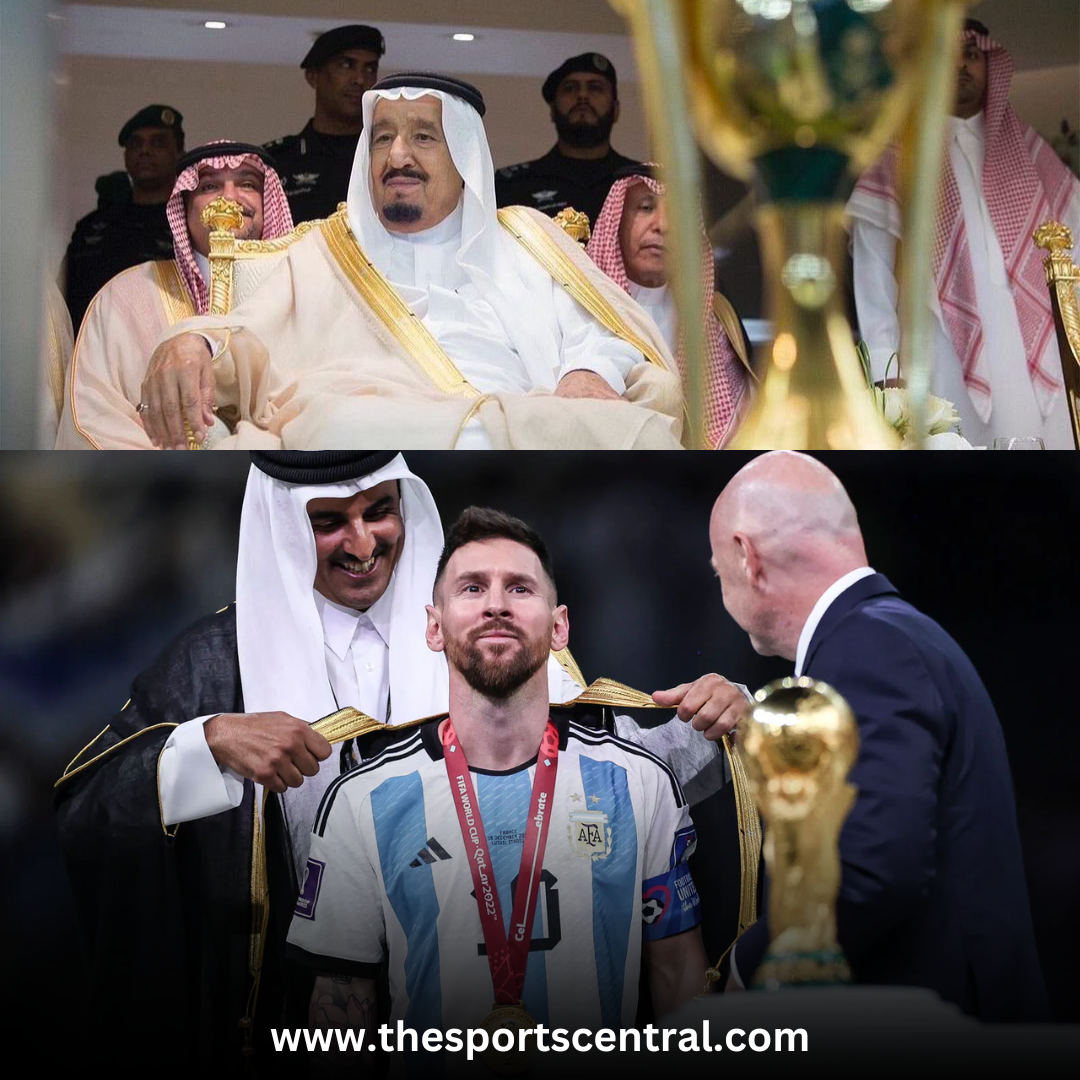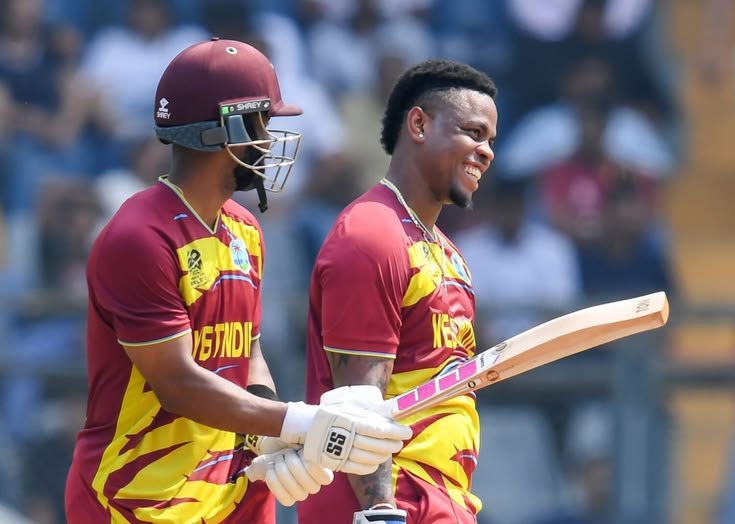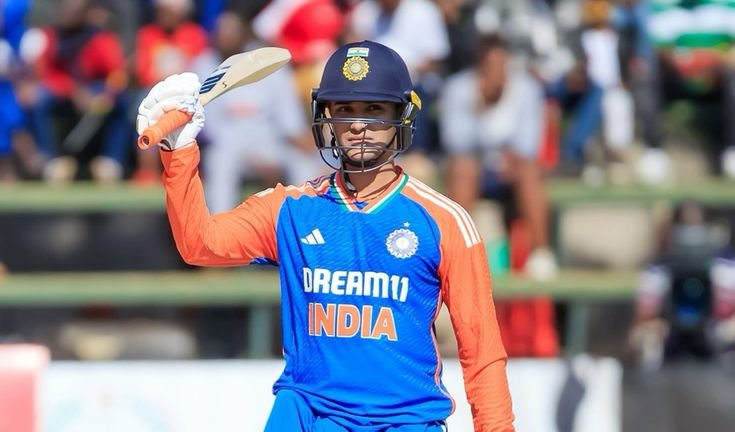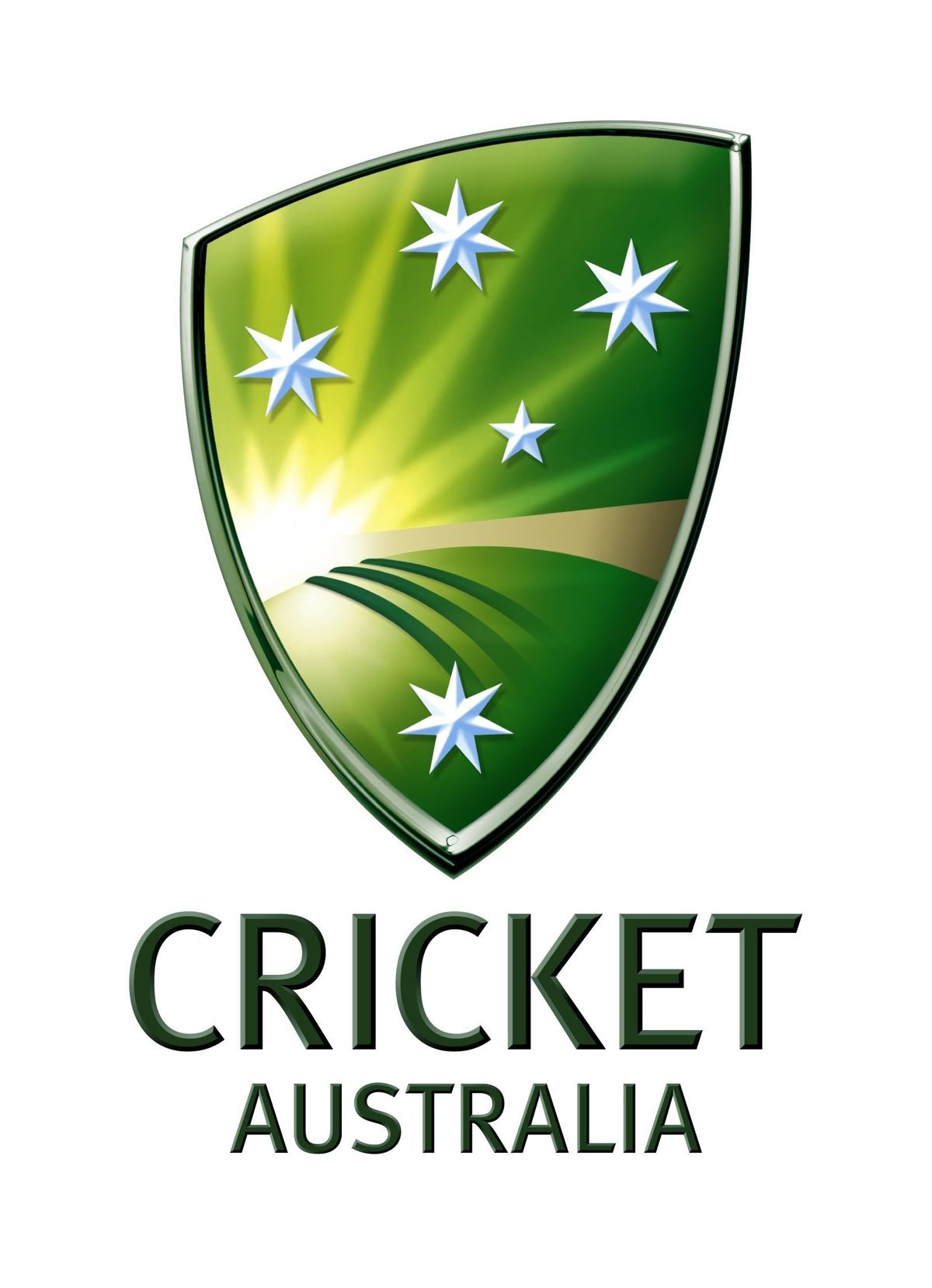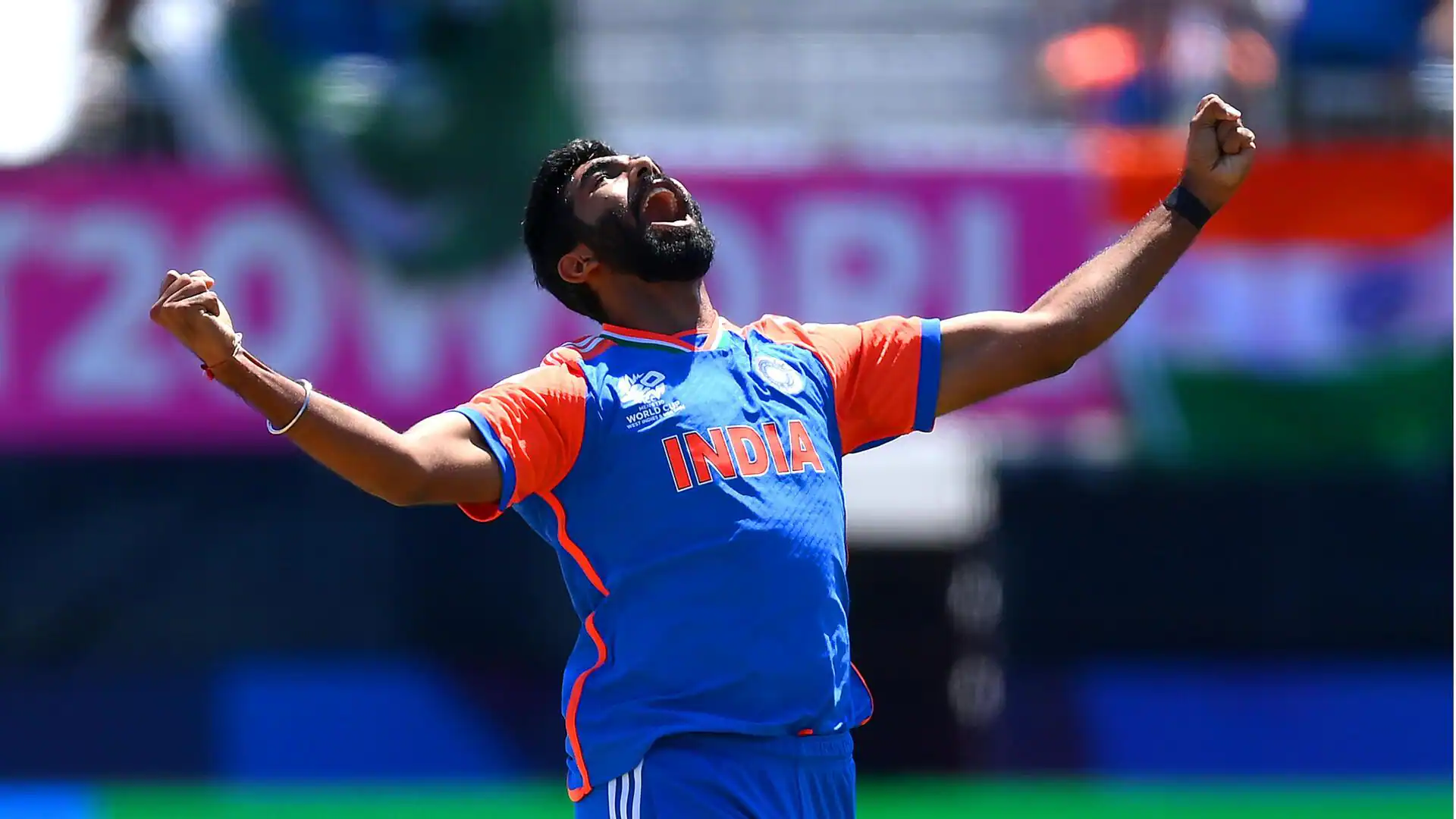Saudi Arabia has steadily expanded its influence across global sports, building a portfolio that now includes golf, tennis, and potentially cricket. From lavishly funded tournaments to unprecedented player contracts, Saudi’s approach reflects a strategic effort to rebrand its global image and divert attention from its controversial human rights record. This effort, often labeled as “sportswashing,” is now poised to make a significant mark on cricket—a sport that resonates deeply in the Commonwealth and beyond.
The Big Picture: Saudi Arabia’s Sports Ambitions
Once known for its ambitious yet implausible visions like flying cars, robotic maids, and even a proposal for an artificial moon, Saudi Arabia has shifted its focus to achievable, high-impact initiatives in sports. These ventures are not just about hosting events but transforming the kingdom into a hub for elite sports. The nation’s Public Investment Fund (PIF), valued at over $700 billion, serves as the financial backbone for these endeavors.
Saudi Arabia’s entry into cricket comes as no surprise. Cricket, with its massive fan base spanning South Asia, Australia, England, and the Middle East, offers a unique opportunity for Saudi to extend its influence. The two-day IPL mega-auction in Jeddah is the latest indication of the kingdom’s growing interest in the sport.
The ‘Why’ of Sportswashing: Power Projection by Consent
Sportswashing is not a new phenomenon. Governments have historically used sports to project soft power, divert attention from domestic issues, and gain global acceptance. For Saudi Arabia, this strategy aligns with Crown Prince Mohammed bin Salman’s Vision 2030 plan to diversify the economy away from oil dependency and reshape the kingdom’s international reputation.
Sports provide a platform to engage with a global audience, particularly young fans, while fostering partnerships with major corporations and influencers. By associating with globally celebrated sports like cricket, Saudi Arabia seeks to craft a narrative of progress, modernity, and inclusivity.
Cricket: The Next Frontier for Saudi Sportswashing
The IPL mega-auction in Jeddah marks a significant step in Saudi Arabia’s cricketing ambitions. Hosting an event of such magnitude signals more than just an interest in the sport—it reflects a calculated effort to position the kingdom as a key player in cricket’s commercial and administrative landscape.
Cricket holds a unique appeal for Saudi Arabia. The sport’s popularity among the South Asian diaspora, many of whom live and work in the Gulf region, ensures a ready-made fan base. Moreover, the IPL, as one of the most lucrative and widely followed cricket leagues in the world, offers a prime opportunity for Saudi to assert its presence in the sport.
The Modus Operandi: Buying Influence and Legitimacy
Saudi Arabia’s strategy in cricket follows a familiar playbook, one already employed in sports like golf and football:
- Targeting Big Names
Saudi Arabia attracts the biggest names in each sport by offering unparalleled financial incentives. In football, Cristiano Ronaldo’s high-profile move to Al-Nassr set a precedent. Golf’s LIV Tour, backed by PIF, lured players like Phil Mickelson with record-breaking contracts. A similar approach is likely in cricket, with top players and coaches being offered lucrative deals to participate in Saudi-funded leagues or events. - Monetary Dominance
The PIF’s immense resources allow Saudi Arabia to outbid competitors, securing hosting rights for major tournaments and establishing new leagues. In cricket, this could translate to Saudi-owned franchises, new Twenty20 leagues, or even bids to host ICC events. - Infrastructure Development
Saudi Arabia has already invested heavily in world-class sports facilities. Cricket-specific investments could include stadiums, training academies, and partnerships with leading cricket boards. - Global Partnerships
Collaborations with established cricketing nations, leagues, and governing bodies provide legitimacy and access to expertise. The IPL auction in Jeddah exemplifies this strategy, leveraging cricket’s most high-profile league to enhance Saudi Arabia’s standing in the sport.
Implications for Cricket
Saudi Arabia’s entry into cricket raises several questions about the sport’s future:
- Commercialization vs. Integrity
The influx of Saudi money could lead to unprecedented commercialization, with players prioritizing lucrative contracts over international commitments. While this may boost cricket’s global profile, it risks diluting the sport’s traditional values and integrity. - Governance Challenges
Saudi Arabia’s growing influence may challenge existing governance structures within cricket. The ICC and national boards will need to navigate the balance between embracing Saudi investments and maintaining their autonomy. - Impact on Emerging Markets
Saudi Arabia’s dominance could overshadow emerging cricketing markets. Smaller nations may struggle to compete financially, limiting their opportunities for growth and development. - Fan Perception
While Saudi investments may enhance cricket’s global appeal, fans may view the kingdom’s involvement as a cynical attempt at sportswashing. Balancing commercial interests with ethical considerations will be critical for cricket’s stakeholders.
Criticisms of Sportswashing
Saudi Arabia’s sportswashing efforts have faced significant criticism, particularly from human rights organizations. Critics argue that the kingdom uses sports to deflect attention from issues like restrictions on free speech, gender inequality, and the ongoing conflict in Yemen. Hosting cricket events could further amplify these concerns, sparking debates about the ethics of accepting Saudi investments.
Moreover, the kingdom’s emphasis on high-profile sports risks sidelining grassroots development. While Saudi’s investments may elevate cricket’s global profile, they may do little to foster the sport at the community level.
The Broader Context: Sports and Politics
Saudi Arabia’s cricketing ambitions must be viewed within the broader context of its geopolitical goals. Sports have become a key instrument in the kingdom’s efforts to assert its influence on the global stage. By hosting marquee events and aligning with major sports organizations, Saudi Arabia aims to secure its place as a leader in international diplomacy and commerce.
The IPL auction in Jeddah is part of a larger trend, reflecting Saudi Arabia’s growing integration into global sports. This integration serves not only as a platform for economic diversification but also as a means to counter regional rivals like Qatar, which successfully hosted the 2022 FIFA World Cup.
Cricket’s Path Forward
The cricketing world stands at a crossroads. Saudi Arabia’s involvement offers opportunities for growth, innovation, and increased visibility. However, it also presents challenges related to ethics, governance, and the balance between tradition and commercialization.
To navigate these complexities, cricket’s stakeholders must adopt a nuanced approach. Collaboration with Saudi Arabia should prioritize transparency, fairness, and the sport’s long-term sustainability. Governing bodies like the ICC must establish clear guidelines to ensure that Saudi investments benefit the broader cricketing ecosystem.
Saudi Arabia’s foray into cricket represents both an opportunity and a challenge for the sport. Backed by the PIF’s vast resources, the kingdom’s ambitions have the potential to reshape cricket’s landscape, bringing new fans, players, and revenue streams into the fold. However, the ethical concerns surrounding sportswashing cannot be ignored.
As Saudi Arabia continues its push into cricket, the sport’s stakeholders must carefully weigh the benefits of Saudi investments against the potential risks to cricket’s integrity and values. The journey ahead will determine not only the future of cricket but also the role of sports in shaping global perceptions and politics.






